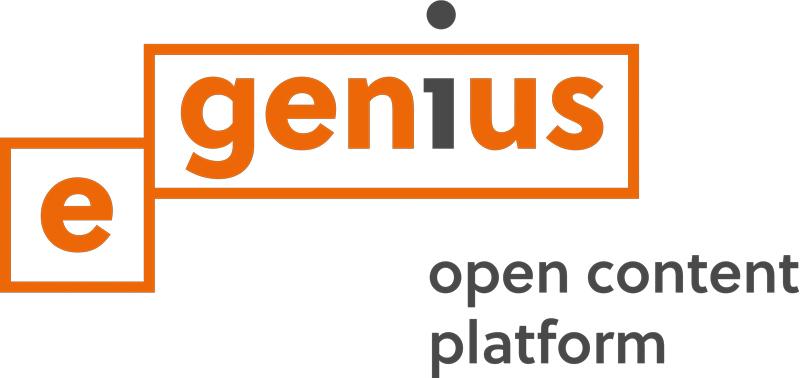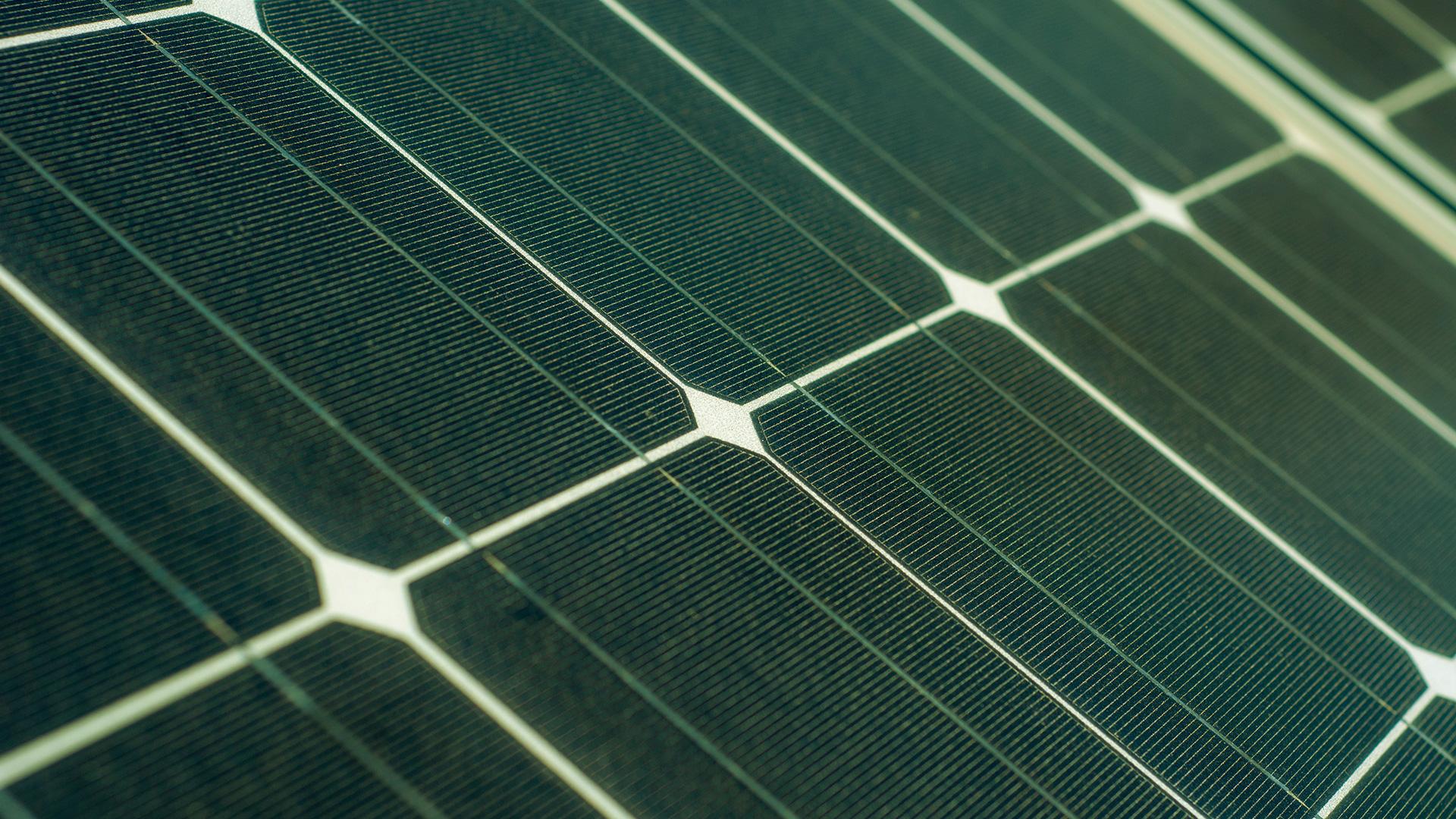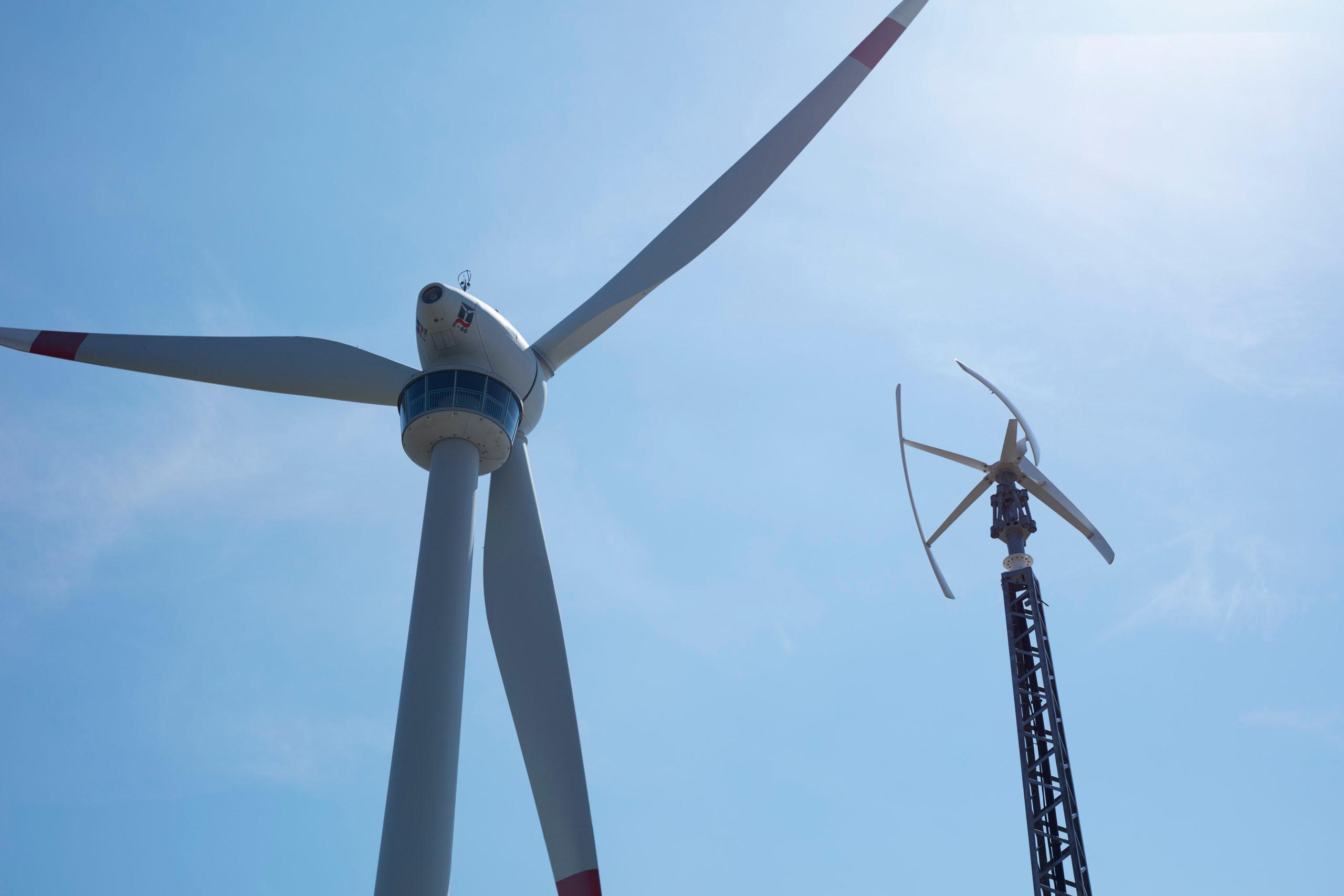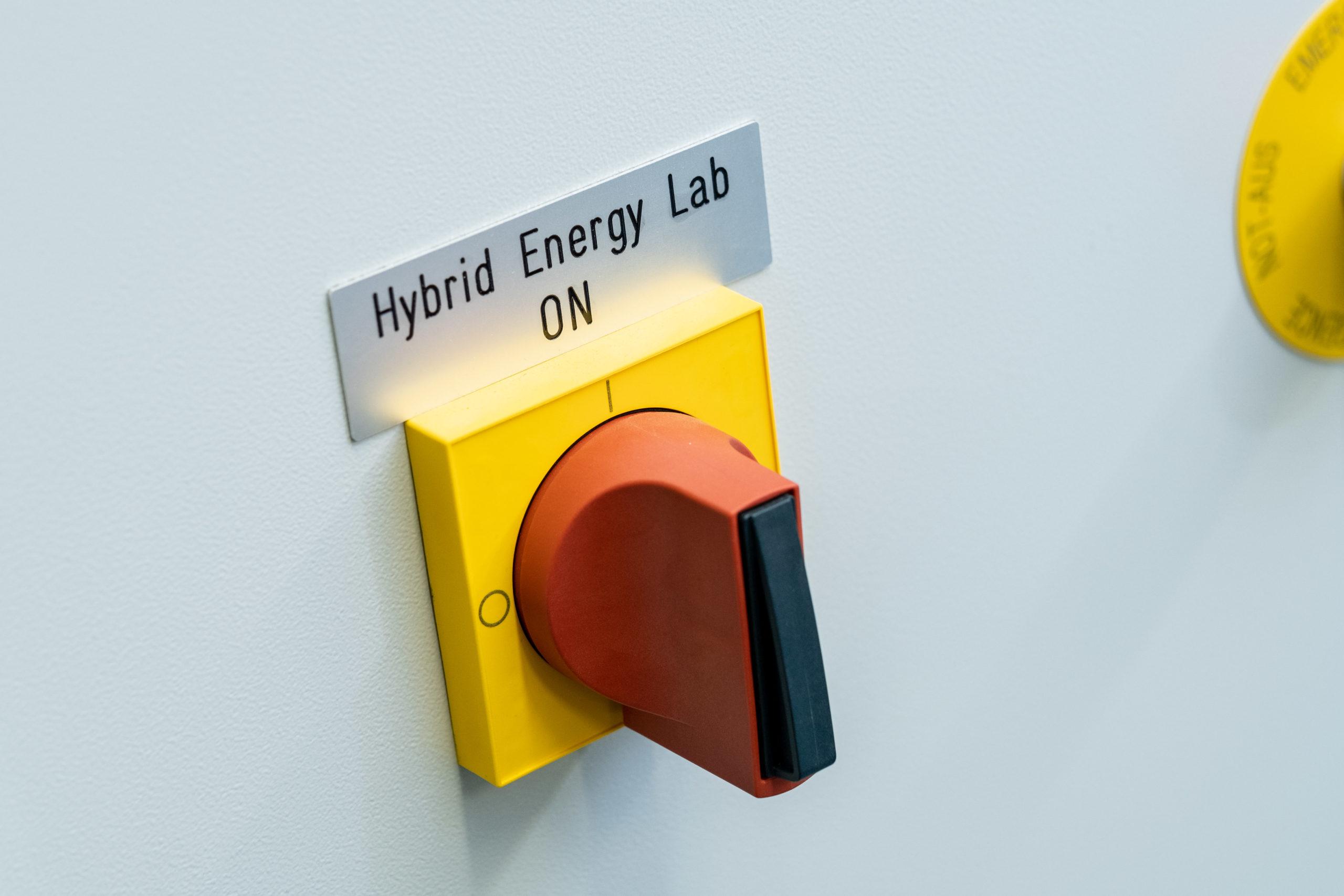The Master’s Degree Program for the Energy Systems of the Future
The programme focuses on issues relating to energy technology and economics: the expansion of renewable energies and their integration into urban energy systems, intelligent grids for efficient energy distribution, the harmonisation of generation and consumption and holistic approaches for a sustainable energy supply. Energy savings potentials as well as possible applications for renewable energies and the necessary technical and economic-legal framework conditions are assessed in the porgramme.
Program
Facts
- Start of semester: Beginning of September
- Duration: 120 ECTS credits, 4 semesters
- Degree: Master of Science (MSc)
- Mode: Part-time, English (subject to accreditation by AQ Austria)
- Costs per semester: € 363.36 tuition fee, € 25,20 ÖH fee; € 3,000 Tuition fee for students from third countries: exceptions and information
- Attendance times: Courses take place on three to four fixed days of the week, exceptions are possible. Evening courses take place between 5:50 p.m. and 9:00 p.m. The specific days of the week will be announced.
- Remote learning elements included and possibility for a semester abroad
- Recommended semester abroad (optional): 2, 3, 4
Attendance times
Students Learn to:
- Analyze complex issues related to energy systems and individual facilities, cities or neighborhoods, and devise solutions.
- Analyze energy-efficient, sustainable, and complex energy systems and develop concepts for optimal use of various energy sources.
- Propose measures to adapt existing networks (heating-cooling-electricity) for the integration of decentralized generation plants and to ensure a high level of supply security and supply quality.
- Analyze different storage technologies and present their integration into energy grids correctly dimensioned with all essential system-technical measures.
- Describe ecological relationships in relation to energy-related issues and present impacts in energy systems due to anthropogenic interventions and select measures for their reduction.
- To elaborate a supply and demand side management for an energy system (electricity, heating/cooling, gas).
- To optimize the use of different generation plants from an economic-ecological point of view.
- To elaborate and apply measures to increase the efficiency of plant components, especially those of thermal energy plants.
- Analyze existing energy systems and develop concepts for the optimal use of different energy sources.
- Quantify the effects of renovation measures in buildings on the overall energy system.

Career Prospects
Requirements
Master’s degree programs build on a completed bachelor’s degree program and allow students to specialize or focus on topics in more detail or to expand their existing expertise.
You must meet subject-matter requirements to be admitted to the Renewable Energy Engineering master’s degree program. Prerequisites include a bachelor’s degree from a UAS in a relevant subject matter or an equivalent degree from a recognized post-secondary educational institution (at least 180 ECTS credits) in Austria or another country.
If basic equivalence has been established except for a few missing prerequisites, the program director can require students to take exams to establish full equivalence. These exams are taken during the master’s program.
Preparation Possibility

The e-genius platform, co-developed by the degree program, offers numerous free learning fields ranging from renewable energy to urban development.
News from this program
Contact

Program Director Renewable Energy Engineering
Senior Lecturer/Researcher

Administrative Assistant
Master Climate-Responsive Building Technologies
Master Renewable Energy Engineering
Download
Application
The next step to study Master Renewable Energy Engineering is to apply via our online application system:
- The entire application process is handled via a dedicated application website.
- Your data is stored securely and is being treated with strict confidentiality.
- A registration system makes it possible to start an application and complete it at a later point in time.
- Once you have entered your user data and uploaded documents, you can also use them for subsequent applications.







